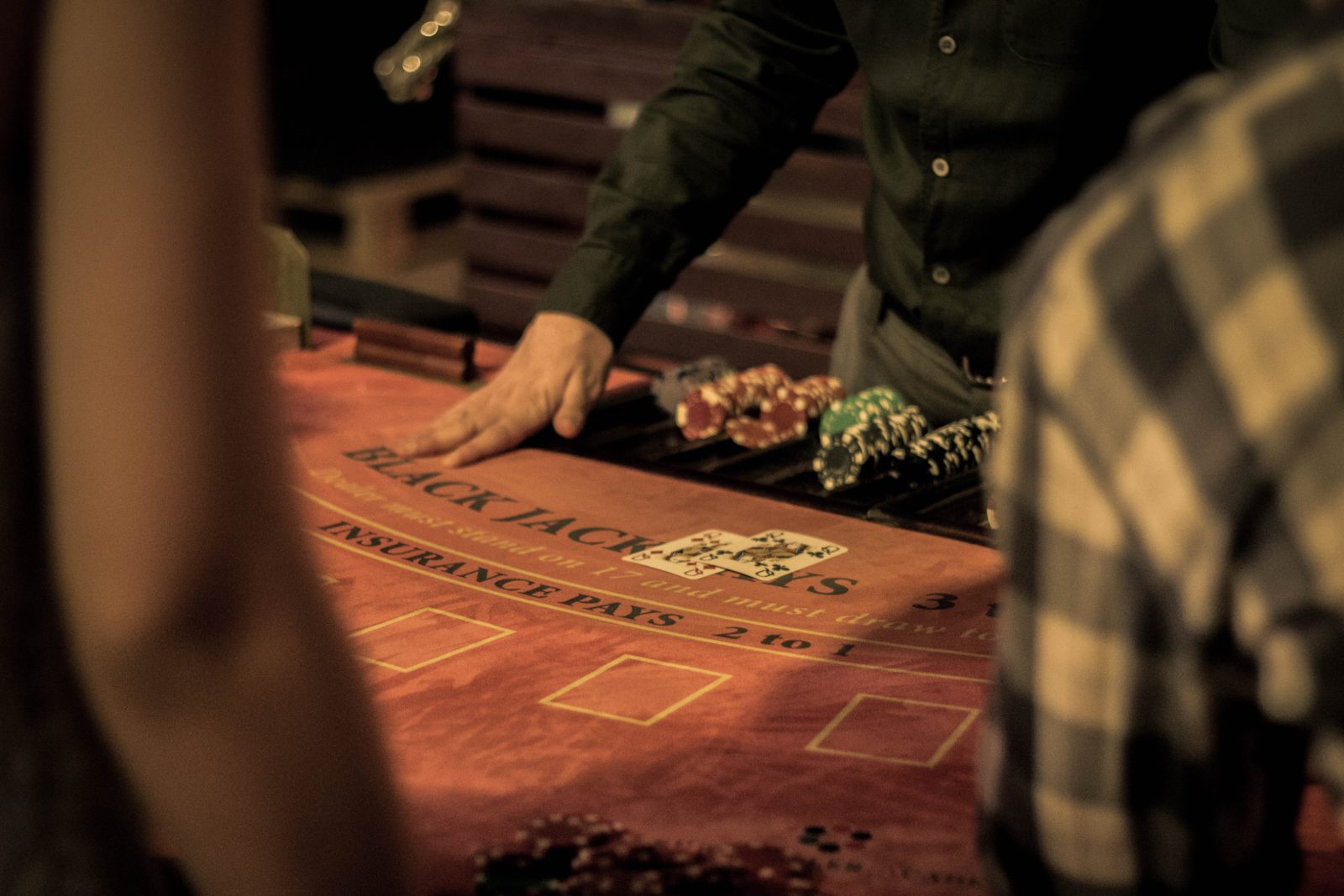In the vibrant realm of gambling halls, in which the atmosphere humms with excitement and the clinking of tokens fills the environment, the role of a game dealer is both essential and fascinating. Every day, these skilled professionals step into a realm where fortune and tactics intertwine, guiding players through the ups and downs of their chosen casino titles. From card games like blackjack and poker to the spinning wheels of roulette, dealers facilitate the action while guaranteeing that every game runs seamlessly and honestly.
As the day breaks on another bustling day, a casino game dealer prepares to immerse themselves in this dynamic setting. Their responsibilities extend beyond just dealing cards or spinning a roulette wheel; they are also entertainers, service providers, and keepers of the rules. Each shift brings new challenges and experiences, making every day unique in the life of a dealer. This insider look will explore the daily routine of a casino game dealer, highlighting the expertise and experiences that make this career both exciting and rewarding. nohu
The Role of a Casino Table Dealer
A gambling game croupier is at the heart of the gaming experience, managing the flow of the play while making sure that players are engaged and entertained. Their main responsibility is to manage the game, which involves dealing cards, spinning the wheel, or handling the chips, depending on the game being played. Croupiers must possess a thorough understanding of the regulations and guidelines governing each game, while also upholding a friendly and approachable demeanor to improve the gambling atmosphere.

In addition to managing the play, croupiers must also monitor on the players and the surroundings around the table. This entails watching for any indications of cheating, ensuring that everyone is following the rules, and resolving any conflicts that may arise among players. Effective communication skills are essential, as dealers often give explanations about the rules and mechanics and offer assistance to those who may be novice to gambling games.
Furthermore, a dealer’s role extends past just the mechanical aspects of the game. They play a key part in crafting an immersive experience for the players. This requires establishing a rapport with patrons, being attentive to their needs, and often adding an aspect of entertainment into the play. It’s this mix of talent, vigilance, and people skills that makes the role of a gambling game croupier both challenging and rewarding in the vibrant world of casino games.
Responsibilities and Challenges in Daily Operations
One of the primary responsibilities of a dealer in a casino is to oversee the various games provided at their table, making sure a smooth and enjoyable experience for players. Dealers must be proficient at distributing cards, handling chips, and maintaining the continuity of the game. This requires a keen understanding of the regulations of each game, from blackjack to roulette, and the ability to answer players’ questions while keeping the game progressing. Attention to precision is crucial, as dealers must monitor bets, disburse winnings correctly, and monitor any cheating or discrepancies at the table.
In addition to managing the game itself, dealers encounter challenges such as dealing with difficult players. The casino environment can be high-pressure, particularly during intense games, and a dealer must remain composed and professional at all times. They need robust interpersonal skills to handle interactions with players who may be frustrated about losses or dissatisfied with the game’s speed. Navigating these situations delicately is essential in ensuring a friendly atmosphere on the casino floor.
Another significant responsibility is maintaining the integrity of the game. Dealers must be vigilant and observant, watching for any signs of collusion or cheating among players. This entails not only a strong knowledge of the games but also an awareness of player psychology. They must also adhere to the casino’s regulations and procedures, taking part in regular training sessions to keep updated on rules and protocols. Balancing these responsibilities while providing excellent customer service is what makes the role both difficult and fulfilling for a dealer in a casino.
Qualities and Traits for Achievement
A proficient casino game dealer must demonstrate outstanding communication skills. This includes not just the ability to explicitly explain game rules and procedures to players but also the capacity to engage with them in a friendly and respectful manner. Fostering rapport with patrons can enhance the gaming experience and promote repeat visits to the casino. Strong communication enables dealers to manage tables efficiently while ensuring that players feel appreciated.
Additionally, solid mathematical skills are essential for a dealer. Quick arithmetic are often required to keep track of bets, payouts, and game outcomes in the moment. A dealer’s ability to perform these math operations accurately and swiftly promotes to the overall efficiency of the game. This skill helps in maintaining the flow of play and in minimizing disputes or misunderstandings with players, which is crucial in a dynamic casino environment.
Lastly, an ideal casino game dealer should show integrity and professionalism at all times. Trust is a crucial component of the gaming experience, and players must feel secure that the games are conducted honestly and clearly. A dealer’s dedication to upholding high ethical standards fosters a welcoming atmosphere at the table and enhances the casino’s reputation. Being reliable in behavior ensures that dealers leave a lasting impression on guests, which can lead to a loyal customer base.
